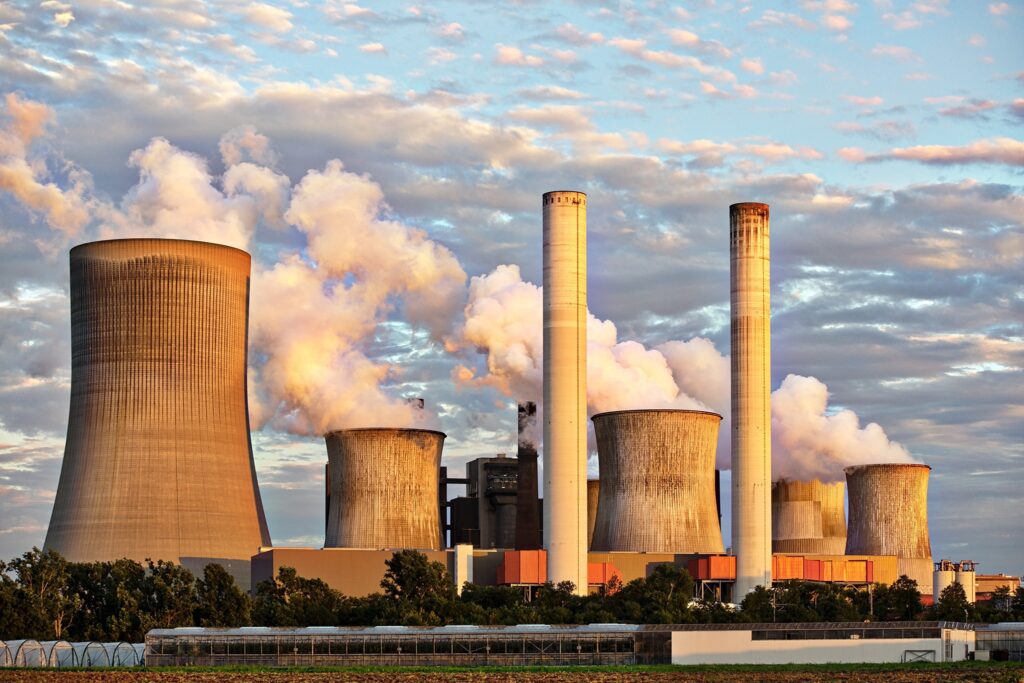Petro-state Azerbaijan has cleared a key hurdle to host next year’s UN climate summit despite the controversy over COP28 taking place in the oil-rich United Arab Emirates.
Armenia said Thursday it was dropping its rival bid for COP29 in a goodwill gesture to try to normalise relations with its neighbour after Azerbaijan seized back an Armenian-backed enclave in a lightning war in September.
A decision on next year’s host is expected before the end of COP28 on Tuesday in Dubai, with the talks focused on whether to phase down fossil fuels being held under the helm of the head of the UAE’s national oil and gas company.
COP, or the Conference of the Parties under the UN climate body, takes place each year in a different region, with Asia choosing Dubai.
Next year is the turn of Eastern Europe and Russia. Under Western pressure over its invasion of Ukraine, Moscow has blocked the Bulgarian bid, saying no European Union member should take charge.
Other candidates include Serbia — which has historic ties with Russia but warming relations with the EU — and Moldova, which like Azerbaijan is a former Soviet republic which has increasingly sought Western support since the Ukraine war.
The EU has not yet taken a position. A source in the EU’s Spanish presidency said that the 27-nation bloc was “focused for now on the success of the negotiations in this COP” rather than on the future site.
Azerbaijan, ruled with an iron fist by President Ilham Aliyev since 2003, has enjoyed growing international clout through its oil and gas sector, which accounts for 90 percent of its export revenues.
“The road from COP28 will, it seems, lead to Baku, possibly the world’s first ‘oil capital’ a thousand years ago, where Marco Polo documented oil being traded, and where tourists can still top up their health by getting into a bath of crude,” Richard Black of the energy think tank Ember wrote on X, formerly known as Twitter.
But Romain Ioualalen, of the advocacy group Oil Change International, called on the UN climate body to ensure that any future host allows “full civil society and media participation, freedom of speech and assembly, and a strict conflict of interest policy to keep fossil fuel interests away from climate negotiations”.
Source : Macau Business


